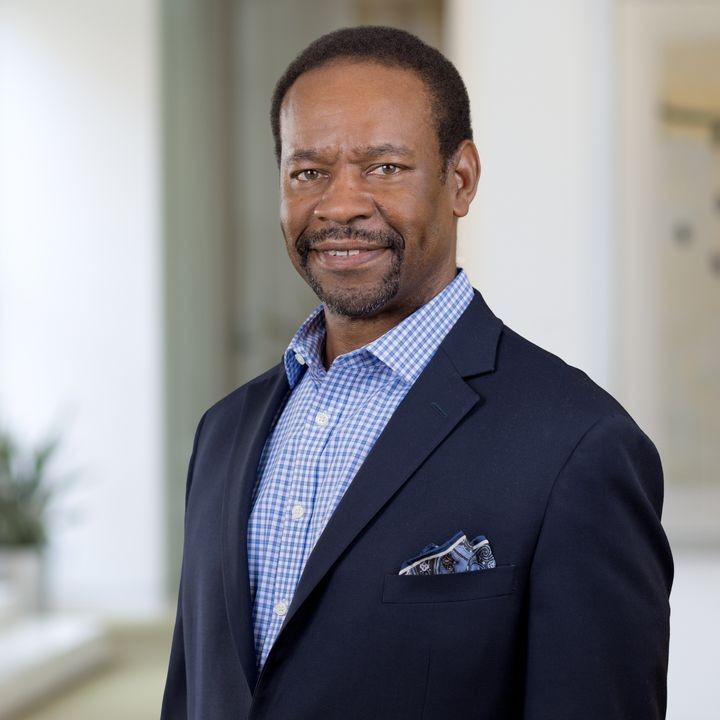The Generic Biologics Debate Heats Up With Introduction of Rival House Bill
Client Alert | 2 min read | 03.24.09
On March 17, 2009, a second legislative bill creating a regulatory pathway for generic versions of biologic drugs was proposed by Reps. Anna G. Eshoo, D-Calif., Jay Inslee, D-Wa., and Joe Barton, R-Texas, who is the ranking member of the Energy and Commerce Committee. H.R. 1548, or the "Pathway for Biosimilars Act" would create an abbreviated process for the Food and Drug Administration ("FDA") to approve generic biological products, similar to the process that the 1984 Hatch-Waxman Act provides for an abbreviated approval process for generic versions of traditional small molecule or chemically-synthesized pharmaceutical drugs. This bill, however, differs significantly from a prior bill introduced on March 11, 2009 by House Energy and Commerce Chairman Henry Waxman (D-CA) and Representatives Frank Pallone (D-NJ) and Nathan Deal (R-GA), Chairman and Ranking Member of the Energy and Commerce Subcommittee on Health, the "Promoting Innovation and Access to Life-Saving Medicines Act."
While both bills promise to provide a new pathway to bring generic versions of biologic drugs to Americans, there are important differences in the bills that reflect the competing interests between innovator biotech companies and generic biotech companies.
The Waxman legislation provides for up to six years of data exclusivity for biologic products. The Eshoo bill, however, calls for up to 14.5 years. Innovator companies favor a longer exclusivity period so that they can recoup their investment in research. Generic companies favor a shorter period so that they can bring their generic versions to market sooner.
Another key difference is that Eshoo's legislation requires biosimilar makers to conduct clinical trials for immunogenicity on their products while the Waxman bill does not. In addition, Waxman's proposal also calls for the biosimilar product to carry the same name as the original product, while the Eshoo bill calls for the products to carry unique names.
Moreover, the bills differ on interchangeability. Waxman's proposal would allow a generic biologic applicant to establish that a product is "interchangeable" with the originally approved product. If the FDA agrees, the generic biologic drug could be substituted for the approved product, subject to state law requirements. The FDA would have discretion to determine what clinical studies would be required to establish safety, efficacy and interchangeability, and to require post-market studies. The first applicant to demonstrate interchangeability would be granted 180 days of marketing exclusivity.
The Eshoo bill takes a different approach. It uses the term "biosimilar" and requires analytical studies that demonstrate that the product is highly similar, animal studies on toxicity, and clinical studies on safety (including immunogenicity), purity, and potency. With the exception of immunogenicity, these studies can be waived by the FDA. Waiver of immunogenicity requires publication of final guidance regarding requirements for immunogenicity by the Secretary of Health and Human Services after public comment. The bill also requires the Secretary to publish final guidance after public comment setting forth the requirements for interchangeability. The first applicant to gain approval of an interchangeable product would be entitled to 24 months of marketing exclusivity.
Companion legislation will soon be introduced in the U.S. Senate. In comments to the Federal Circuit Bar Association last Wednesday, Senator Hatch said that the Senate is grappling with a "follow-on biologics" bill. He indicated that Senators Kennedy and Schumer will soon introduce a bill, but that there are likely to be multiple competing bills.
There seems to be agreement that legislation in some form will be enacted this year, but only after considerable negotiation and compromise. The major point of contention is the length of the period of data or market exclusivity.
Contacts
Insights
Client Alert | 3 min read | 02.26.26
FERC Requires Refunds for Late QF Recertification
On February 19, 2026, the Federal Energy Regulatory Commission (FERC) issued Branch Street Solar Partners, LLC et al., 194 FERC ¶ 61,124 (2026) rejecting the refund reports filed in connection with the late filing of recertifications of qualifying facility (QF) status by certain affiliated companies to reflect a change in upstream ownership. FERC’s rearticulation of QF recertification timing requirements and consequences for late QF recertifications has broad and substantial implications for all QF owners.
Client Alert | 4 min read | 02.26.26
Client Alert | 6 min read | 02.24.26
Artificial Intelligence and Human Resources in the EU: a 2026 Legal Overview
Client Alert | 3 min read | 02.24.26
DOJ v. OhioHealth Confirms Antitrust Enforcers’ Continued Focus on Health Care Markets



